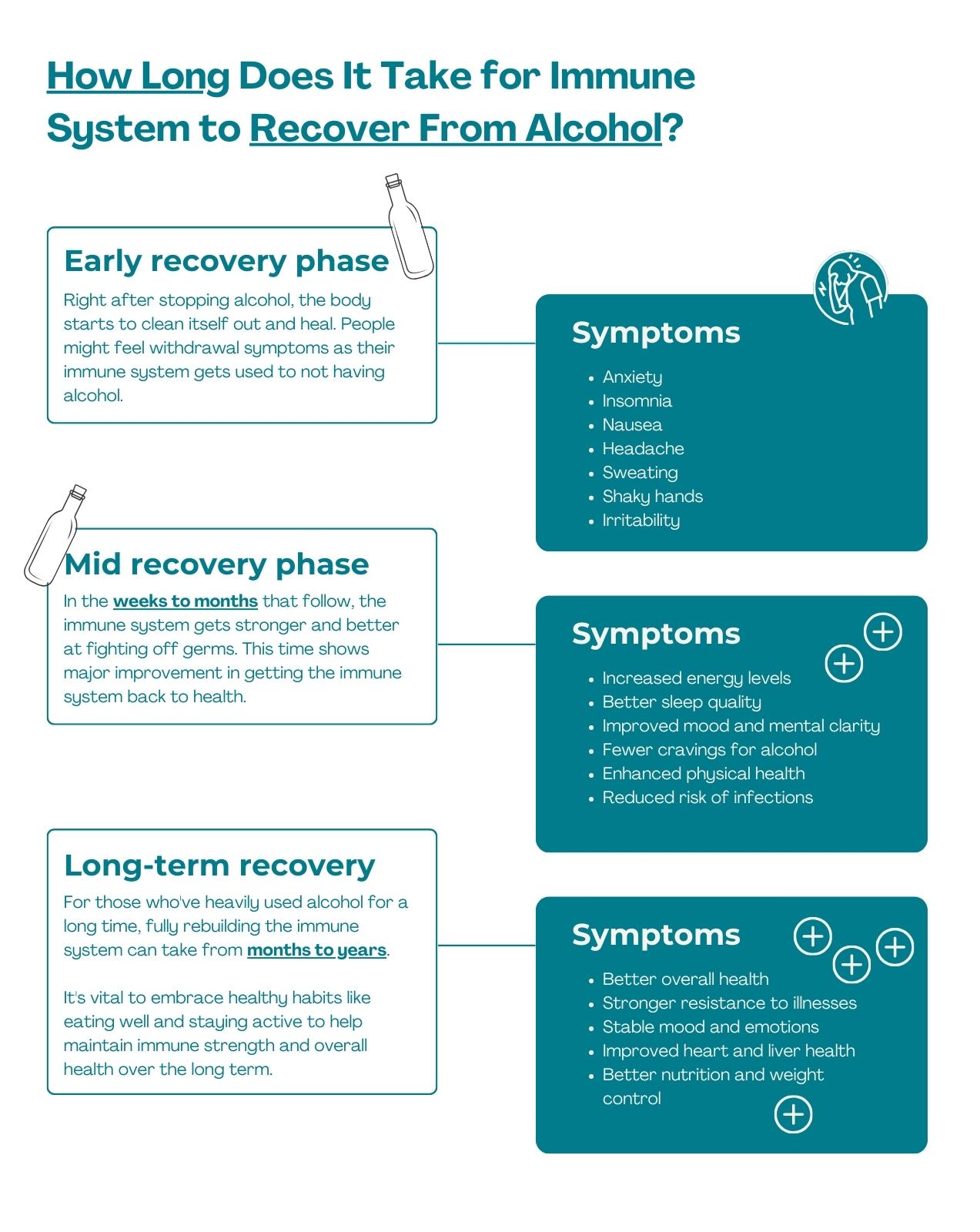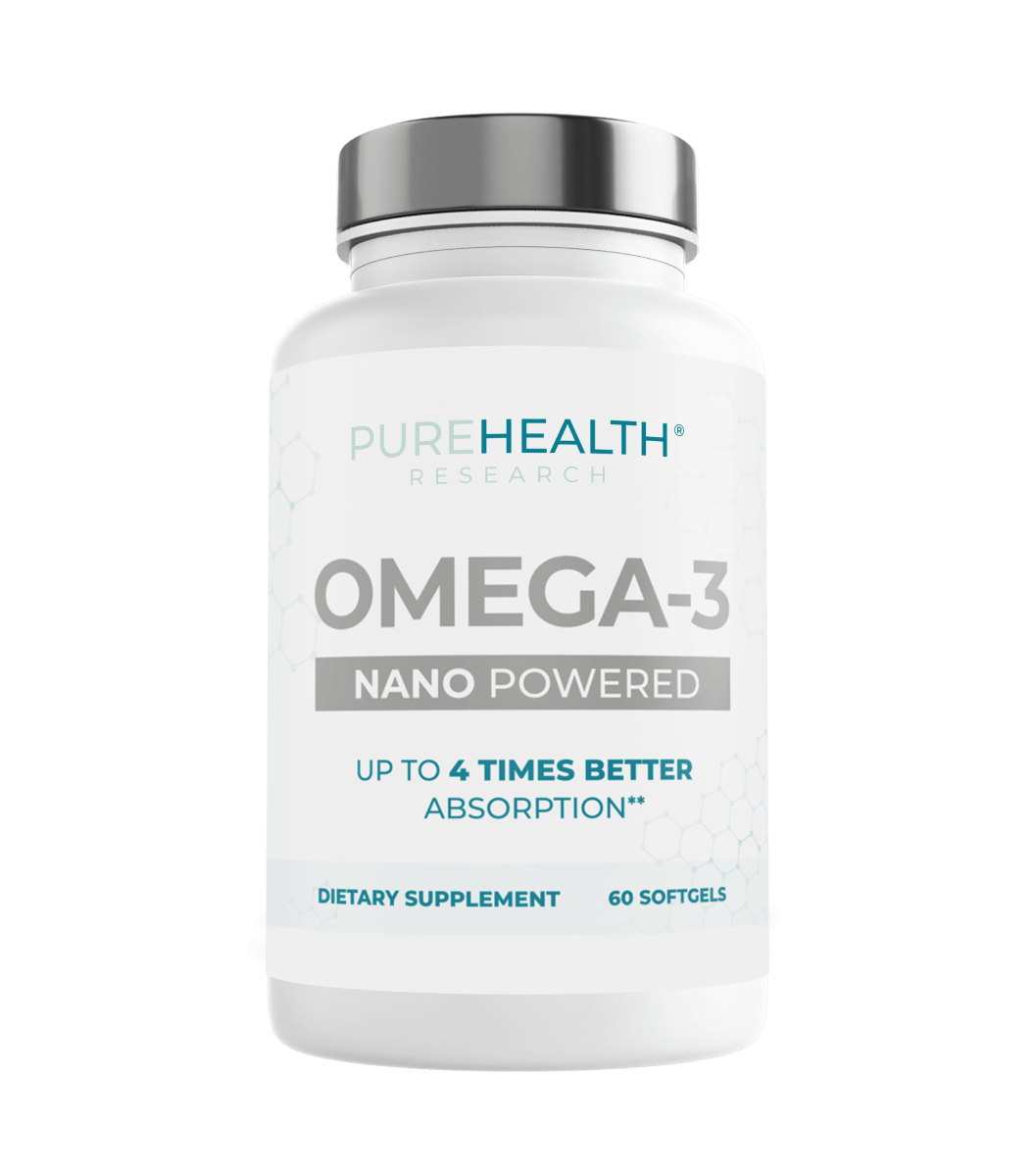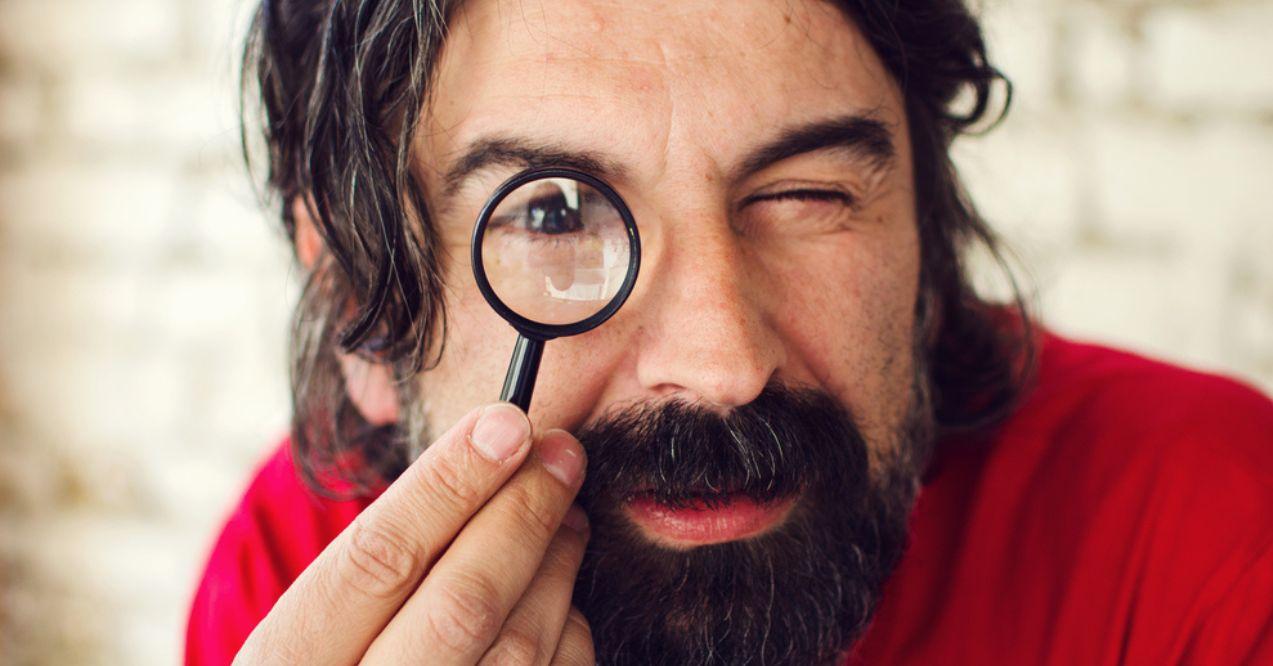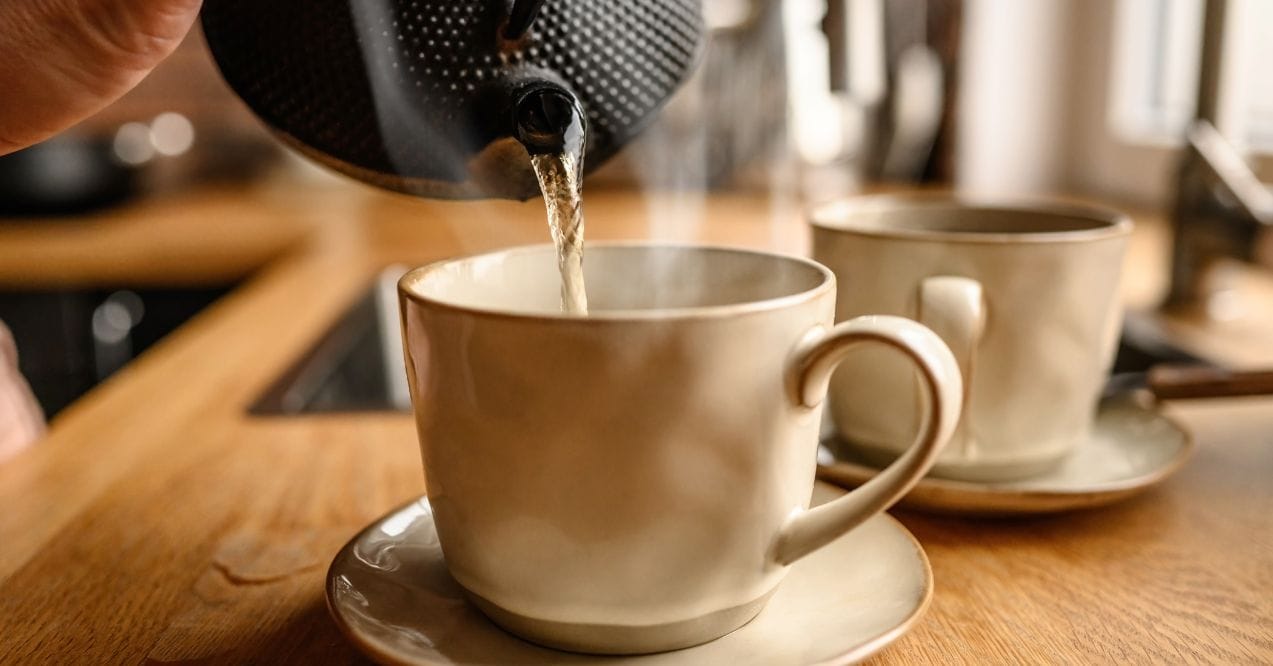How Long for Immune System To Recover From Alcohol?
Wondering how long for immune system to recover from alcohol? Discover key strategies for promoting immune health after alcohol cessation.


How long for immune system to recover from alcohol? How to clean system of alcohol? These questions holds significant importance for many who are on a path of sobriety or wellness. In essence, alcohol may disrupt the delicate balance of our immune system, making it less efficient in protecting us from various pathogens and illnesses.
For individuals in the 40-65 age group, the implications of alcohol on the immune system are even more substantial. As we age, our immune system undergoes natural changes and becomes less efficient in fighting diseases. When compounded with the detrimental effects of alcohol, this weakening of the immune response can have serious consequences for our overall health and well-being.
In this blog post, we will delve into the timeline of immune system recovery from alcohol, exploring the early recovery phase, mid-term milestones, and long-term strategies for rebuilding overall health.
Extent of Immune Damage by Alcohol
Alcohol consumption has both short-term and long-term effects on the immune system. In the short term, even moderate alcohol intake can impair immune function. Studies have shown that alcohol disrupts the production of cytokines, which are essential for coordinating the body’s immune response. Additionally, alcohol can weaken the function of white blood cells, which play a crucial role in identifying and eliminating pathogens.
Long-term alcohol consumption can lead to persistent immune system suppression. Chronic alcohol consumption is associated with overactive pro-inflammatory responses throughout the body, which can further compromise immune function. Moreover, prolonged alcohol use also can impair the body’s ability to fight off pathogens and increase the risk of developing immune-related disorders.
How Long Does It Take for Immune System to Recover From Alcohol?
So, how long for immune system to recover from alcohol? In short, recovery after alcohol cessation can vary significantly from person to person. Factors such as the duration and intensity of alcohol consumption, as well as individual health factors, all have a significant impact on determining the length of recovery. It is essential to recognize that recovery is a gradual process that unfolds over time. Here is a breakdown of the different phases of immune system recovery:
- Early Recovery Phase – In the early stages post-alcohol cessation, the body focuses on detoxification and regeneration. Withdrawal symptoms may be experienced as the immune system adjusts to the absence of alcohol.
- Mid-Term Recovery Milestones – Over the next several weeks to months, the immune system gradually strengthens, and its ability to combat pathogens improves. This period marks significant progress in immune system restoration.
- Long-Term Health Rebuilding – For individuals with a history of chronic alcohol abuse, complete immune system recovery may take months to years. Adopting healthy lifestyle habits, such as maintaining a balanced diet and regular exercise, is crucial for supporting long-term immune health and overall well-being.

Identifying Excessive Drinking
Identifying excessive drinking is crucial, especially for individuals in the 40-65 age group, as alcohol can exacerbate common health conditions prevalent in this demographic. Here are some indicators to look out for and health concerns that can be caused by alcohol:
- Increased Tolerance to Alcohol – Older adults may find themselves needing more alcohol to achieve the same effects, indicating a potential tolerance build-up.
- Changes in Mood or Behavior – Mood swings, irritability, or mental health disorders can be signs of excessive alcohol consumption.
- Insomnia or Disrupted Sleep Patterns – Alcohol can interfere with sleep quality, leading to sleep problems or disrupted sleep, which is particularly problematic for older adults who may already struggle with sleep issues.
- Exacerbation of Cardiovascular Conditions – Research, reveals that alcohol consumption can worsen cardiovascular health such as arterial pressure and heart conditions, which are prevalent in the 40-65 age group.
- Increased Risk of Liver Problems – Chronic alcohol abuse can significantly increase the risk of liver-related ailments, fatty deposits, and scarring, which become more common as individuals age.
Being aware of these signs and their potential consequences can help individuals recognize and address excessive drinking habits before they lead to further health complications.
Strategies for Immune Recovery
Rebuilding the immune system after stopping alcohol consumption requires proactive steps to support the body’s natural recuperative processes. Here are some actionable strategies you may consider:
Nutritional and Lifestyle Changes
- Embrace a well-rounded diet comprising a variety of nutrient-dense foods like fresh fruits, vegetables, gluten-free whole grains, and lean proteins to furnish the body with essential nutrients vital for immune function.
- Increase consumption of immune-strengthening edibles such as citrus fruits, garlic, ginger, and yogurt, which harbor potent properties that support immune health.
- Minimize intake of processed foods, sugary snacks, and excessive caffeine, as these can compromise immune function and impede the body’s recovery process.
- Maintain optimal hydration levels by drinking ample water throughout the day, facilitating detoxification and cellular functionality.
Additionally, consider incorporating supplements into your daily routine to support immune health, such as Nano Powered Omega 3 from PureHealth Research. This supplement harnesses the power of nano-technology to deliver highly absorbable omega-3 fatty acids, essential for maintaining a healthy immune system. Omega-3 fatty acids play a crucial role in reducing overactive pro-inflammatory markers and supporting immune function, making them a valuable addition to any wellness regimen.
Nano Powered Omega 3 is formulated with the highest quality fish oil sourced from sustainable wild-caught fish, ensuring purity and potency. The nano-technology used in this supplement enhances absorption, allowing the body to efficiently utilize the beneficial omega-3s.
Moreover, by delivering highly absorbable omega-3 fatty acids, this supplement helps address pro-inflammatory activity and strengthen immune function, complementing the efforts to restore overall health after alcohol cessation. With its scientifically backed formulation and commitment to quality, Nano Powered Omega 3 offers a synergistic solution for those seeking to optimize their immune system’s recovery and enhance their overall well-being.
Physical Activity and Sleep Benefits
- Engage in regular physical activity to promote circulation and overall health. Exercise helps stimulate the immune system, reducing the risk of illness.
- Prioritize quality sleep to allow the body to revitalize and regenerate cells. Aim for 7-9 hours of uninterrupted sleep each night to support immune function and overall well-being.
By implementing these lifestyle changes and incorporating supplements for immune system such as Nano Powered Omega 3 from PureHealth Research, you can actively support and accelerate their immune system’s recovery process. Additionally, for those wondering how to rebuild their immune system after antibiotics, these strategies can also be beneficial in replenishing beneficial gut bacteria and supporting immune function.
Professional Support for Recovery
Along with understanding how long for immune system to recover from alcohol, seeking medical or psychological support is also advisable. Healthcare professionals can offer tailored interventions to address physical and mental health concerns associated with alcohol cessation. This may include medication-assisted treatment for withdrawal symptoms, therapy for addressing underlying psychological issues, and counselling on lifestyle modifications.
Moreover, collaborative care involving physicians, therapists, and support groups also can significantly improve recovery outcomes. Utilizing age-appropriate services ensures that individuals receive comprehensive support tailored to their unique needs, enhancing the likelihood of successful long-term recovery from alcohol misuse.
Key Takeaways
Alcohol consumption can significantly impact immune function. The recovery of the immune system from alcohol varies based on factors like the duration and intensity of consumption. Lifestyle modifications, including nutrition, exercise, and stress management, play a pivotal role in supporting immune recovery.
By prioritizing immune health and adopting proactive measures, individuals can enhance their resilience and pave the way for optimal health after alcohol cessation.
Top DIY teas for strengthening immunity include ginger tea for its anti-inflammatory properties, green tea for antioxidants, and echinacea tea to support the immune system.
Green tea is considered one of the healthiest options for daily consumption due to its high antioxidant content, potential benefits for heart health, and metabolism-stimulating properties.
Sign up for our Healthy Living newsletter!
Advertisement. This site offers health, wellness, fitness and nutritional information and is designed for educational purposes only. You should not rely on this information as a substitute for, nor does it replace, professional medical advice, diagnosis, or treatment. If you have any concerns or questions about your health, you should always consult with a physician or other health-care professional. Do not disregard, avoid or delay obtaining medical or health related advice from your health-care professional because of something you may have read on this site. The use of any information provided on this site is solely at your own risk.











